When Aline in Burkina Faso (not her real name) was first found to be HIV positive, the other children in the family would inch away when she came near.
Now that Deede in Ghana has found out she is HIV positive, she’s afraid that if anyone else finds out they’ll stop buying her doughnuts, her only way of making a living.
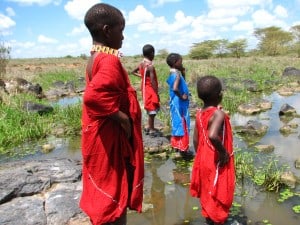 When neighbors in Ethiopia found out that 15-year-old Tigist was living with HIV, they told the family to stay away from them and not touch anything of theirs.
When neighbors in Ethiopia found out that 15-year-old Tigist was living with HIV, they told the family to stay away from them and not touch anything of theirs.
Tigist didn’t tell her friends she’s HIV positive; she couldn’t handle their rejection. But they have already started to whisper. She decided to drop out of school.
One of the huge challenges facing people living with HIV around the world is not only the physical illness, but the overwhelming stigmatization and discrimination that exists in many countries.
People living with HIV are often shunned, disowned, feared, and thrown out. Many people who suspect they might be infected don’t go for an HIV test. They’re too afraid neighbors will see them on the way to the clinic and too afraid of what they might find out.
Many people who are found to be HIV positive are too afraid to speak out and advocate for others living with HIV. They don’t know what will happen to them.
One mother who is assisted by Compassion says, “I wish I could talk openly to people to try and know their status, but I do not have the courage yet. Maybe I will one day.”
Beneficiaries of the AIDS Initiative aren’t always comfortable sharing their stories. One mother recently asked that her son’s name not be used for fear that if the sponsor found out her son was HIV positive, he would cancel the sponsorship. Others don’t want their pictures shown for fear that someone in their country might see it.
This is one reason that sometimes, as with Aline, we change the names of the people whose stories we tell. It’s also why we never reveal the location of beneficiaries of the AIDS Initiative beyond the country they live in.
Compassion-assisted churches are working to end the stigma and discrimination. Advocacy events and classes to educate about HIV are held at child development centers, and damaging myths about the life-threatening illness are dispelled.
HIV-positive parents are becoming brave and starting support groups and even businesses together. Many governments worldwide are working to raise awareness of HIV and offering free testing and antiretroviral therapy. Attitudes are slowly beginning to change. People are voluntarily being tested. Children and parents are getting the treatment they need, and slowly parents are speaking up to support others who are living with HIV.
Tigist decided staying at home wasn’t a good option. After receiving counsel and encouragement from her project, Tigist has enrolled in a new school in her area. She dreams of being a pediatrician, to help other children who are sick.
Help remove the stigma by supporting the AIDS Initiative today.
Photo by Elizabeth Karanja, Compassion Kenya field communication specialist

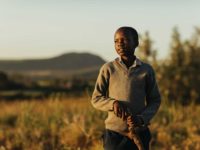
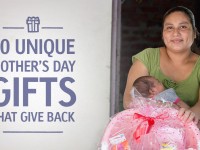
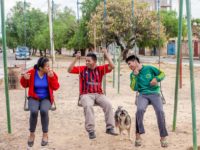
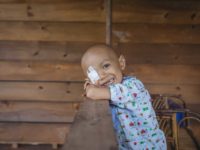


4 Comments |Add a comment
I agree I would never stop sponsoring a child based on HIV. I’m educated on the subject and wish the world was. People drive 800 miles to come to my town for anonymous HIV test for UFC ect.
I agree: Everyone should be tested.
This broke my heart: ”
Beneficiaries of the AIDS Initiative aren’t always comfortable sharing their stories. One mother recently asked that her son’s name not be used for fear that if the sponsor found out her son was HIV positive, he would cancel the sponsorship”
As a sponsor, I’d look at that info as a greater need for family gifts and support. I’d never drop sponsorship…. Although I understand her fear.
I hope people in these countries can become educated about HIV and AIDS and how it mostly spreads and will realize how terrible they have been to their friends and family..The stigma is awful. Everyone should be tested for it in these communities-people could be accidently spreading it. I’m praying for education and more education and more help for Compassion International! 🙂
Yes, the stigma IS being lifted.
My sponsored child in Burkina Faso told me that she cried when she had her AIDS test. I knew it was a good thing to just read her admit that she HAD an AIDS test.
Of courese, I did not ask her the results… I only said that when I have to have a blood test, it’s very painful for me too.
But I knew, because of this stigma, just her saying that she HAD a test was a big deal.